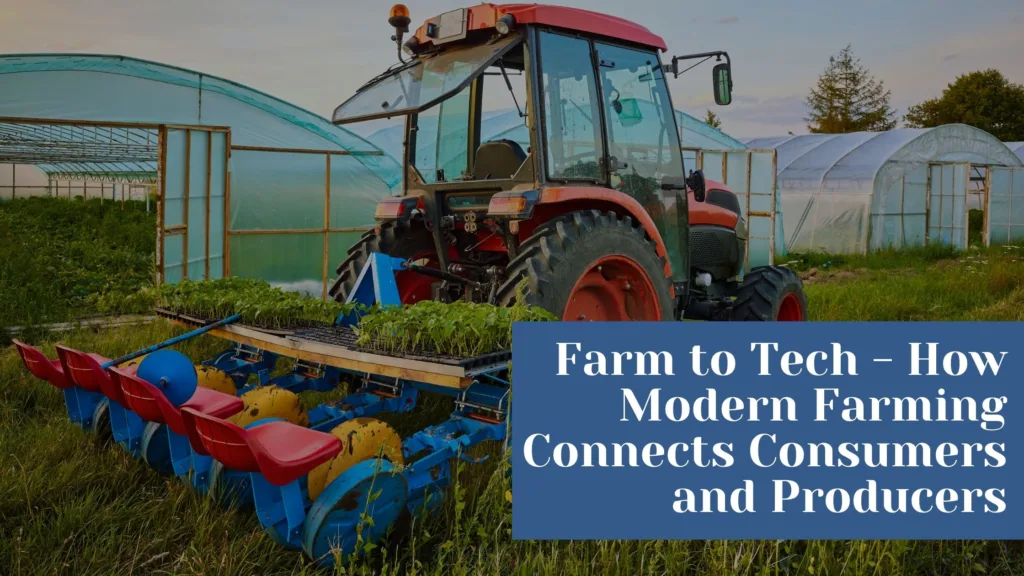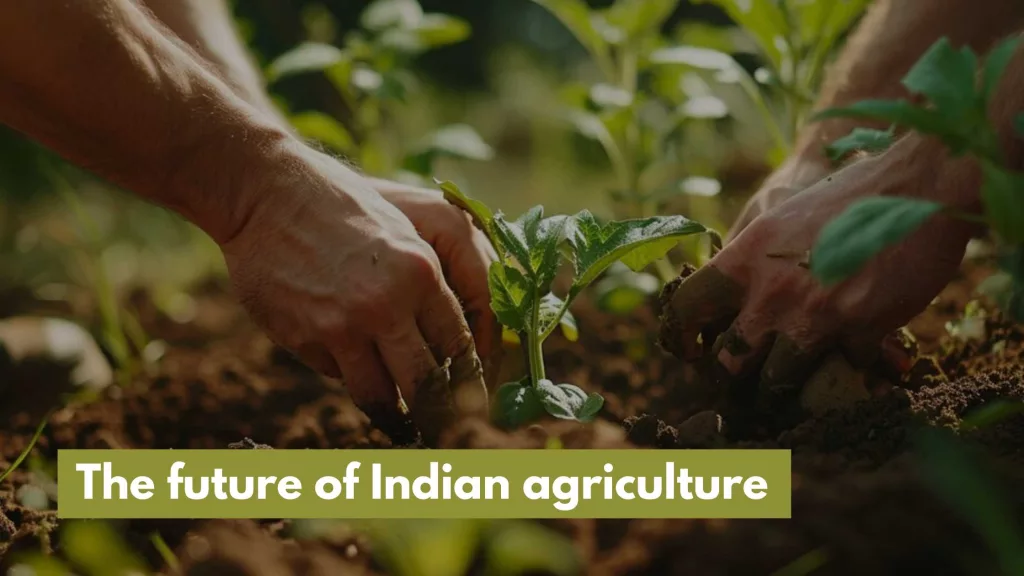Introduction – Human Element
Like other sectors, agriculture has also been influenced by the cutting-edge technologies and improvements ruling the current scenario. Modern farming has witnessed a considerable transition with introduction of high-tech machinery, precision agriculture, and data-driven decision-making processes. While there is no doubt that these advancements have increased production and efficiency in agriculture. But also, there is a growing need to understand the importance of maintaining the human element in farming. Traditional wisdom must be harmoniously combined with technology to secure a resilient and sustainable agricultural future. This traditional wisdom passed down through generations contains significant insights that can create magic combined with technology.
The Tech Revolution in Farming
Agriculture has undergone a technological revolution in recent decades. Innovations like GPS-guided tractors, drones, human elements, and sensor technology machines have transformed how we grow crops and manage cattle. These developments have brought numerous advantages, including higher yields, less labor, and more effective resource use. Recognizing the conventional thinking that has supported agriculture for ages as we accept new technologies is vital.
The Importance of Traditional Wisdom
Traditional agricultural methods have been handed down from generation to generation, strongly comprising local knowledge. This knowledge includes thoroughly understanding crop rotation, weather patterns, and complex ecosystem interactions. At the same time, data-driven insights provided by modern technology are the wisdom of seasoned farmers who can distinguish between good and poor crops.
Sustainable Agriculture
The most significant need of the current time is sustainability in agriculture. Along with having a need, it is also the most important challenge in the agricultural sector. Traditional farming methods such as organic farming and permaculture promote sustainability in agriculture by enhancing soil health and biodiversity. These practices also emphasize sustainability by reducing the use of synthetic chemicals and minimizing the use of resources. Thus, embracing traditional wisdom with modern technology promotes sustainable practices, resulting in a healthy environment, food chain, and future generations.
Local Adaptation
Traditional agricultural methods are frequently modified to meet a place’s unique requirements and conditions. Farmers have always made judgments based on their understanding of local soil types, climatic patterns, and natural crops. While technology can offer primary direction, local knowledge enables farmers to adjust to changing conditions and prosper. Traditional wisdom and data-driven insights may be combined to create farming systems that are more resilient and capable of withstanding environmental difficulties.
Cultural preservation
Farming is a way of life that is closely entwined with culture and legacy, not merely a means of subsistence. Many nations still use traditional agricultural methods to maintain their cultural identity and feeling of community. The adoption of technology should not imply the rejection of these traditions but rather that it should strengthen and support them. The rich tapestry of worldwide agricultural legacy may be preserved with the cohabitation of technology and tradition.
Balancing Technology with Tradition
These are several crucial tactics to establish the correct balance between technology and conventional wisdom in farming:
Education and Knowledge Transfer: Create projects and programs to help older farmers pass on their traditional wisdom to new farmers. To identify common ground, The human element promotes communication between conventional farmers and technological professionals.
Research and Innovation: Invest in studies combining conventional thinking with cutting-edge technology. This can entail creating novel methods and technologies that improve existing practices locally and use automation and data.
Farmer Networks: Encourage the development of networks and communities where farmers may exchange traditional and modern views and experiences. Innovative ideas that are good for everyone can result from cooperative efforts.
Government Support: Through regulations that encourage sustainable practices and allocate funding for education and research, governments may play a significant role in fostering the coexistence of technology and tradition in farming.
Conclusion
Finding a good balance between technology and conventional wisdom is key to the future of farming. Technology can potentially increase production and efficiency, but it should be at something other than the price of our agricultural legacy and the world’s future. We can build a more resilient, sustainable, and culturally diverse agricultural environment by fusing the ancient farming knowledge of our ancestors with modern technological advancements. Doing this ensures that people will always be at the center of farming, pointing us toward a more affluent and sustainable future.




Your article helped me a lot, is there any more related content? Thanks! https://accounts.binance.com/en-NG/register?ref=JHQQKNKN